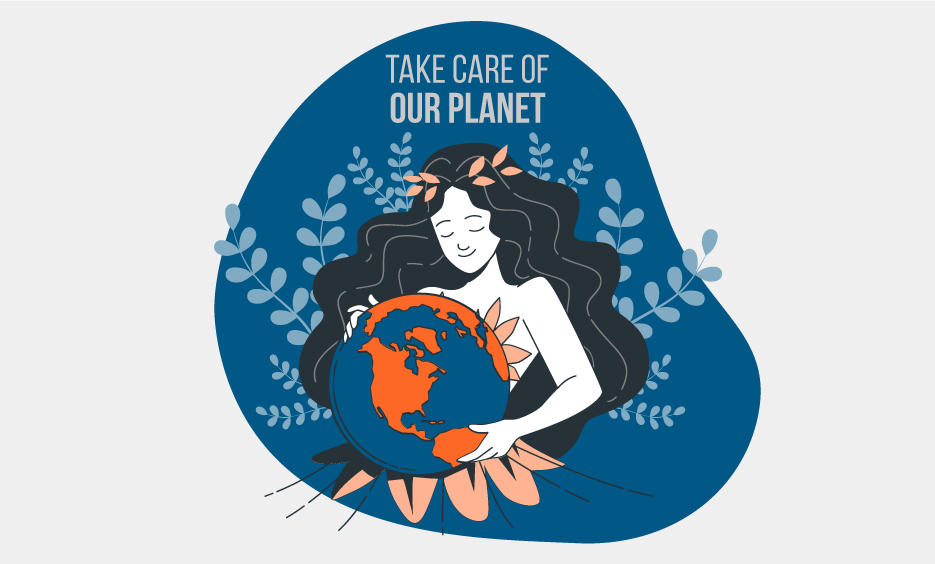
Greenwashing vs. Green Marketing
Greenwashing and Green Marketing are well-known terms, but what distinguishes them? Environmental and climate protection are central today, and many companies consciously align themselves with online marketing trends in this area. The problem arises when they engage in greenwashing, presenting themselves as greener than they are and distracting from issues. Green Marketing, on the other hand, focuses on sustainability. Our online marketing agency in Munich today analyzes the environmental friendliness of companies and their advertising.
What is Greenwashing
Greenwashing focuses on projecting a green image. It includes advertising and online marketing that suggest environmental friendliness, even if the company does not engage in corresponding activities. Often, companies use this to obscure environmentally harmful practices and give their brand an online 'green makeover'.
Companies like Nestlé, Bayer, McDonald's, Starbucks, and Coca Cola have utilized extensive greenwashing campaigns for image management to cover up problems. Sometimes greenwashing happens unintentionally when companies aim for Green Marketing but deviate from it due to efficiency improvements or cost savings.
Greenwashing typically exhibits certain characteristics:
– Offering an environmentally friendly product to distract from more harmful products.
– Advertising with green claims that distract from the main business field.
– Comparing with even more harmful offerings.
– Advertising with self-evident features (e.g., "vegan footwear" for plastic shoes).
– Use of unspecific technical terms.
– Influencing political decision-makers for market manipulation.
– Environmentally harmful companies attempting to offset damages by donating to climate projects.
– Using invented quality seals without certification (e.g., "controlled cultivation", "integrated plant cultivation").
What is Green Marketing?
Green Marketing encompasses all advertising activities related to sustainability or various aspects of sustainability.
Companies focus on making their value chain and product offerings sustainable while reducing or entirely avoiding environmentally harmful aspects.
Green Marketing does not begin with the actual product range but starts with sourcing raw materials, production, and so on. The associated green marketing strategies do not merely follow advertising or online marketing trends but concentrate on sustainability, such as regionalism or recycling.
Taking social responsibility (CSR), for instance, in the form of plastic-free products or fair trade and working conditions, can also be crucial in this context.
What are the Differences?
The differences between Greenwashing and Green Marketing become evident quickly. While the former is solely about image and often conceals damaging environmental impacts, Green Marketing represents a genuine commitment to environmental protection and society.
Through Green Marketing campaigns, companies signal that their focus is not solely on image and profit but that they are genuinely committed to making their company more environmentally and climate-friendly, with concrete measures to support this commitment.
Conclusion: Embrace Sustainability in Online Marketing Strategies!
Whether consciously or unconsciously, we recommend that you avoid Greenwashing and instead engage in authentic Green Marketing.
Green Marketing is based on credibility and genuine commitment to the environment. By doing so, you invest in a cleaner future and, at the same time, in the long-term success of your company.
Our online marketing agency agency in Munich offers a tailored portfolio of consulting, conception, and implementation in the areas of online marketing, web design and development, as well as corporate design. Together, we develop concepts that are authentic, ecological, and sustainable.
